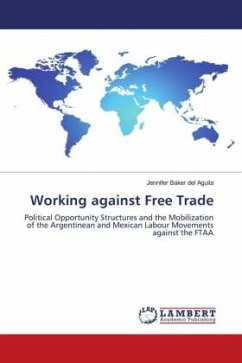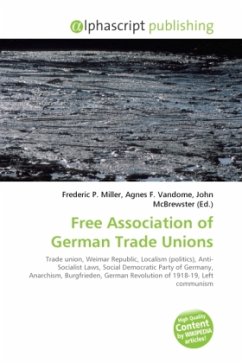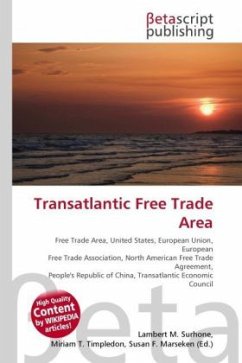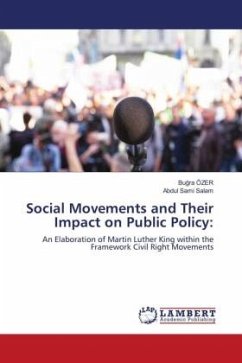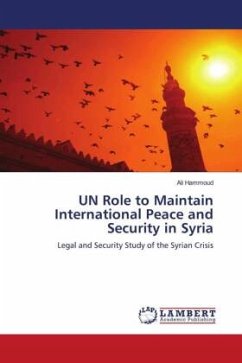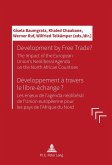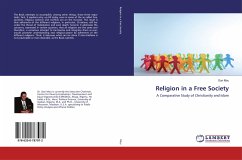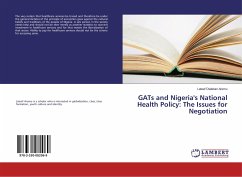During the negotiations for the Free Trade Area of the Americas (FTAA), the Argentinean and Mexican labour movements exhibited contrasting responses to the proposed free trade agreement. While Argentinean labour staged an aggressive anti-FTAA campaign, its Mexican counterpart displayed relative quiescence. This work applies the political opportunity structures model to determine if it can explain the differing patterns of mobilization of Argentinean and Mexican labour. This work examines the structures of opportunity that emerged after the 1982 debt crisis and those created by the process of Latin American economic integration. Such process has created national and transnational opportunity structures, allowing national movements to engage in transnational activism. An analysis of the suitability of the opportunity structures model to account for the mobilization of Argentinean and Mexican labour, should shed light on the model's capacity to analyze movements that are becoming increasingly transnational. This work should be especially useful to students of social movements and to anyone interested in Latin American regional economic integration.

